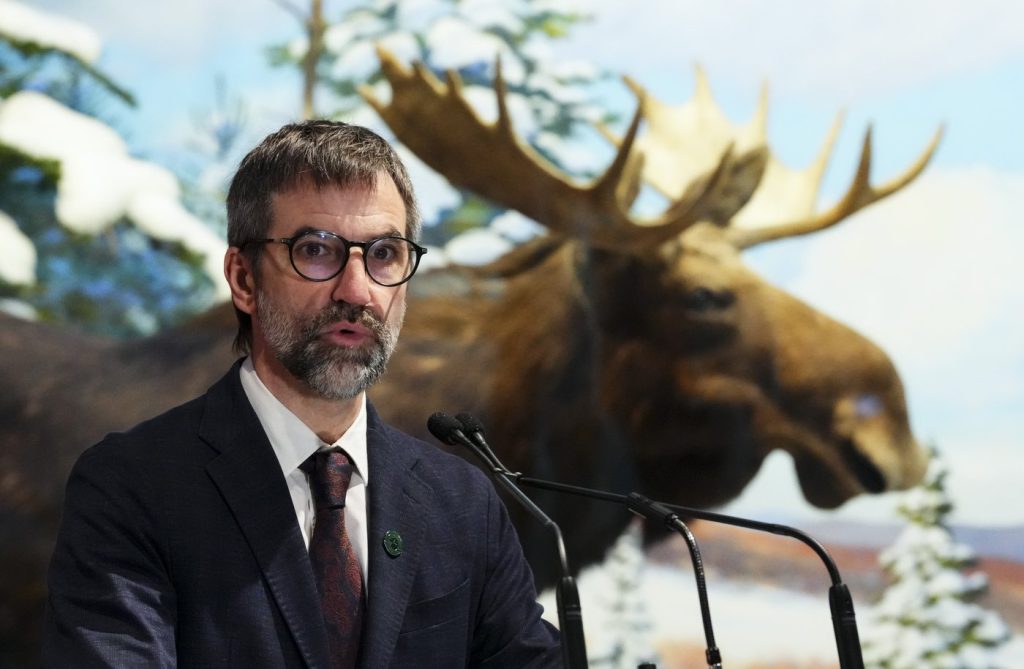OTTAWA – Steven Guilbeault, the federal minister of identity and culture in Canada, assumed his new role at a time when national self-reflection was prompted by external pressures from the United States. This ministry, which replaces the former heritage ministry, also inherits the responsibilities of Parks Canada. Guilbeault took office amid an escalating trade conflict led by U.S. President Donald Trump, who made provocative statements about annexing Canada.
In an interview with The Canadian Press, Guilbeault suggested that prior to the shift in the U.S. stance, many Canadians had not deeply contemplated their national identity. The change in tone from Washington has catalyzed a surge of national pride, which is manifesting in the Canada Day celebrations occurring across the country. Guilbeault remarked, “What we’re seeing is a renewed sense of pride in being Canadian. This year, it will take on a whole new role.”
Guilbeault emphasizes that his responsibilities diverge from the traditional heritage-focused portfolio. He contends that the concept of "heritage" implies a backward-looking perspective. Instead, he aims to envision what Canadian arts, identity, and culture could evolve into in the future, rather than attempting to define a singular Canadian identity. “I won’t stand here and pretend that I can tell you what Canadian identity is or should be,” he stated. His objective is to engage with diverse communities across Canada to help refine and advocate for a collective identity while also rejuvenating national unity.
His approach highlights the importance of collaboration, noting, “It would be pretty rich for one member of cabinet sitting in Ottawa to tell all of Canada, ‘This is what Canadian identity should look like.’ That’s not how I roll.” Guilbeault’s task involves identifying cultural markers around which Canadians can unite, recognizing the complexity of achieving this in such a vast and diverse nation. He contrasted Canada with the United States, where there is a more uniform cultural and linguistic landscape. “There’s only one language in the United States; there’s only one culture,” he observed.
Guilbeault hopes to foster a sense of connection among Canadians, encouraging them to recognize shared experiences and values. He cited an example of the commonalities between Quebecers and Albertans, describing them as “two peoples who are very proud, very autonomist, very independent, in the philosophical sense of the term.” Such reflections on cultural and historic ties become particularly crucial as Canada faces challenges related to its identity, sovereignty, and economy from American influences.
“There are a lot of things that bring us together, and this is true for the whole country. And that’s what I’m going to work on, over the next few weeks and months,” Guilbeault concluded. His comments underscore the ongoing evolution of Canadian identity in the face of external pressures and the importance of unity within diversity.
This report was first published on July 1, 2025, marking a significant period in Canada's approach to its national identity amidst global challenges.
By Dylan Robertson, The Canadian Press











